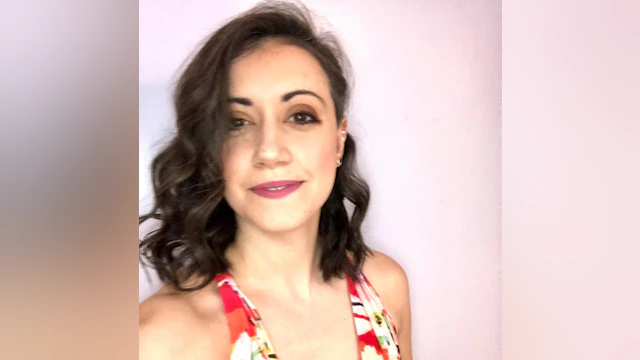When I was 17-years-old, I was diagnosed with Bipolar I Disorder. I’d been battling with depression since early middle school, but had tell-tale signs of hypomania by my junior year of high school. My depression getting worse was what ultimately led me to seek out a psychiatrist, and learning of my new diagnosis.
Around this time was when I started experiencing passive suicidal thoughts. I faced intrusive thoughts of what it would be like to die or for someone to find my body. By college, these thoughts grew more active and serious in nature. I made my first suicide attempt during spring break of my freshman year of undergrad. This was the wake-up call that I needed more serious help. I started on the journey toward finding the right medication.
I managed fairly well for several years. I mostly lived a stable life, while still struggling with depression, episodes of mania/hypomania, and the occasional crisis accompanied by varying degrees of suicidal ideation. I survived graduate school thanks to the support of disability support services and vocational rehab. In my late 20’s, I was doing exceptionally well, and I stopped taking my medication.
However, in spring of 2018, my boyfriend at the time left me without warning for a job overseas. This started me on a spiral out of control: in a manic state, I broke up with him two months later, and moved on to someone new very soon after.
My new relationship was toxic, and fraught with fighting. I was cycling between depressive, manic, and mixed episodes on a monthly basis. In the summer of 2019, I was in as bad a state as I’d ever been. I didn’t feel that I belonged anywhere and I was contemplating almost every day. I then formulated a plan to kill myself.
It’s not uncommon to have someone dealing with suicidal ideation come up with a list of “why” they should stay alive, and “who” they want to avoid hurting. Basically, the motivation to keep trying. My why/who has always included my sisters, and currently includes my dog, Beau, and my cat, Moji. When I was a teenager, my logic was that I didn’t want my baby sisters to feel responsible – as though they could have done something to stop me. But as I’ve gotten older, that logic no longer works – they’re adults, they know the drill, they might still struggle with it to an extent, but not the way they would have when we were kids. And my family could always take care of Beau and Moji.
With my motivation to stay alive non-existent that summer, I was barely hanging on. I got into a huge fight with my boyfriend and he broke up with me. When I announced I would be attempting suicide after fighting it for so long, he begged me to get help and promised he would stay if I did. In an emergency session with my counselor, she declared that if I did not go to the hospital voluntarily, she would have the police take me. Together, we made a plan and my boyfriend agreed to supervise me for the evening before making our way to the hospital.
I arrived at the hospital bright and early in the morning. Set on a beautiful campus, it felt completely surreal that life had taken me here. We entered the waiting room, where I filled out paperwork and awaited an intake assessment. I met with a psychiatric nurse practitioner who did an assessment of my diagnosis and determined my level of suicidal threat.
My hospital room was bare except for a twin-size bed with one sheet and one blanket, a small bookshelf to function as a dresser, and a private bathroom. The rules were explained to me: two telephones were available to patients which could be accessed between certain times of the day, and were turned off when counseling groups were running. We were only allowed pencils under supervision in group; otherwise, we just used markers, and had access to a few books and some puzzles. I ended up doing a lot of journaling while in the hospital. It was cathartic.
There were several benefits for me going to the hospital. First, I was able to quickly and under close supervision adjust my medication. After leaving the hospital I still needed to tweak it, but I got back on track much more quickly than I otherwise would have. Secondly, I met several people like me: people with bipolar disorder, and people who had dug themselves into difficult situations. Finally, the break from technology and social media was amazing. I needed to reconnect with myself.
The hospital changed my life and really made a difference. Now that I’ve been there, it’s less scary to think about going back again if I need to.
It’s been two-years since the hospital, and I am still in somewhat of a recovery phase. I continue to experience occasional mild- to moderate- depressive episodes. But I haven’t had any serious thoughts about suicide in at least a year. It’s amazing how that has positively affected my ability to function in the world, and to view the world in a new light. To stand up for what I need, and fight to wake another day.
Since that time in the hospital, I’ve experienced so much. I’ve gone to escape rooms, taken hikes, made a road trip to see old friends, gone to my aunt’s wedding, come out, cuddled my pets, spent quality time with my sisters, made new friends, listened to music, celebrated my recovery, and been a bridesmaid for my best friend.
I’m so happy I’ve had these experiences. I’m so thankful to finally feel, and want to be, alive.
